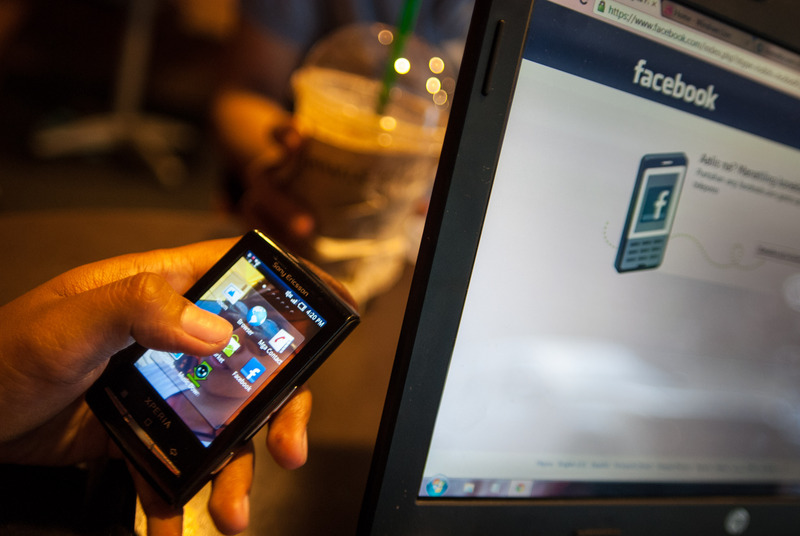If we want the web to be a positive place for young people, we need to start talking about the positive things that happen there

Texan teenager Justin Carter was released on bail on 11 July, after his $500,000 bail was paid anonymously. His family had been unable to raise that amount previously.
The young man had been in a Texan prison since February, charged with making “terroristic threats” on Facebook.
What exactly did he say?
During an argument with fellow gamers, in which doubts had been cast on his sanity, Carter posted:
“I’m f—ed in the head alright. I think I’ma shoot up a kindergarten and watch the blood of the innocent rain down and eat the beating heart of one of them.”
Not pleasant, no. Not particularly funny. But is it an actual threat? I really don’t think so.
Carter’s lawyer insists that the teen posted “LOL” and “jk” (joke) immediately afterwards to clarify that he wasn’t serious. And yet he finds himself facing a terror-related charge, with a possible sentence of 10 years ahead of him.
Why?
Americans are often wrongly accused of not getting irony, but this is one of those awful cases where the letter of the law clashes with expression that is clearly not meant to be taken literally.
Britons will be all too aware that they cannot be too complacent about these cases. People such as Paul Chambers, Azhar Ahmed, Liam Stacey and Matthew Woods have all felt the full force of the law for inappropriate, ill-advised social media messages, under laws that have been clumsily applied and don’t really allow for context – the crucial component in all free speech cases (though the Crown Prosecution Service has at least attempted to offset this problem with its new recommendations).
It’s interesting that almost all these recent cases involve young men.
The only exception I can think of is 21 year-old British woman Deyka Ayan Hassan, who was recently sentenced to 250 hours community service for a tweet in the aftermath of the murder of Lee Rigby, in which she said anyone wearing a Help For Heroes t-shirt deserved to be beheaded.
A lot of social media at the moment is based on getting a reaction; our worth is based on how many likes or comments a post gets, or responses and retweets on Twitter. The most hardened editor will sit anxiously viewing how many times an article is tweeted.
This pushes content posted in certain directions: either mind-numbingly banal but well meaning to the point where people feel bad for not responding (RT IF YOU THINK CANCER IS BAD), or snarky and borderline – or just plain – offensive (CANCER IS LOLZ).
The latter type of comment is the one that’s getting young people in trouble.
A segment of the Olympic opening ceremony in London last summer made a great deal of the amazing power of communications technology in young people’s lives, with “founder of the web” Tim Berners Lee looking on benignly as a sweet love story played out between pretty teenagers wielding smartphones.
But the way we talk about the web now does not reflect that idealism. The current debate in the UK portrays the web overwhelmingly as the habitat of trolls, predators, bullies and pornmongers. And that, plus the police are watching too, ready to arrest you for saying the wrong thing.
I can’t help feeling that all this doom-mongering could be self fulfilling. If we keep thinking of the web as the badlands, that’s how it will be, like a child beset by endless criticism and low expectations. We need to talk more about the positive side of life online – the conversations, the friendhips, the opportunities – if we’re going to get the most out of it.




